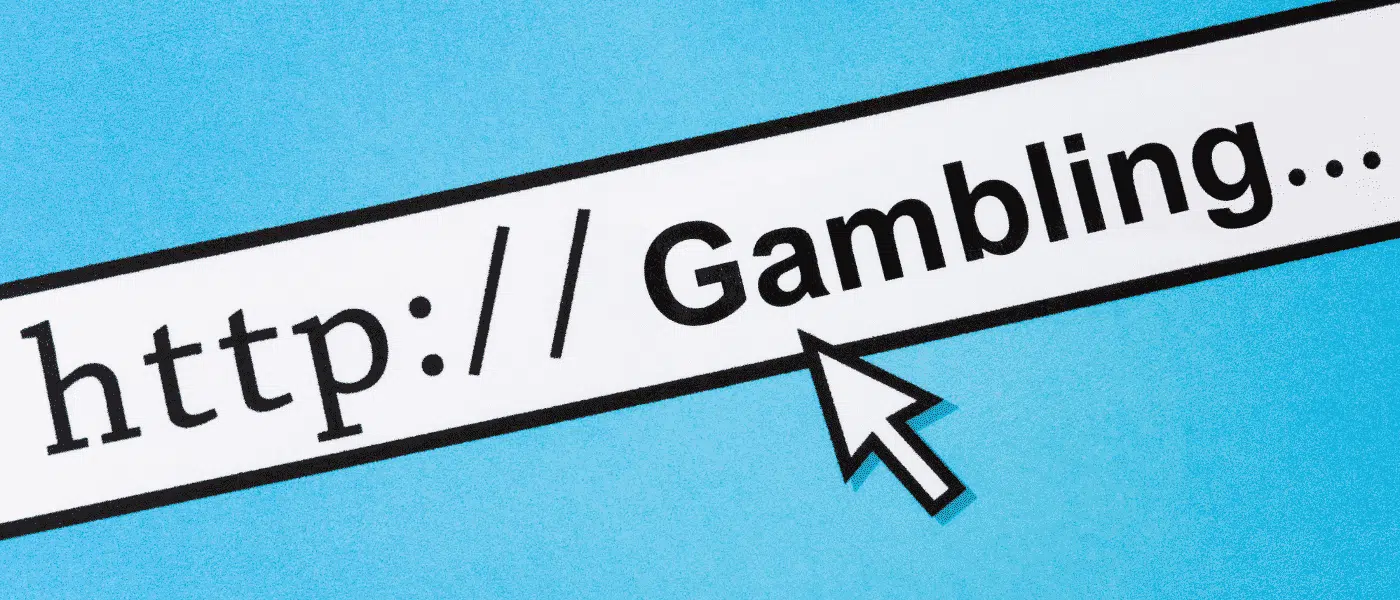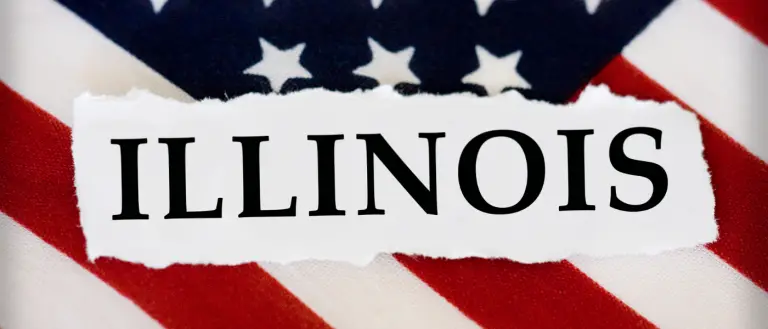Gambling Self-Exclusion: How It Works and Where It Needs to Improve

Voluntary self-exclusion is a responsible gambling tool that allows individuals to exclude themselves from sports betting, casino games, and other gambling activities.
When a player joins a self-exclusion program, they agree to be banned from entering gambling facilities or betting online for a specific period.
Most self-exclusion programs offer periods ranging from one year to a lifetime.
How to Self-Exclude from Sports Betting & Gambling
Most states provide multiple ways for individuals to submit self-exclusion requests, including:
- Online through your state’s gaming commission website
- Online through a licensed gambling site or betting app (log in, open your account settings, and select “responsible gambling” or start a live chat with customer support)
- Form submitted in person at your nearest land-based casino
- Form submitted in person at your state regulator’s office
Additionally, gamblers can use paid third-party services such as GamBlock to block access to all forms of online gambling on their electronic devices.
GamBlock’s coverage extends to online sports betting, gambling, poker, fantasy sports, sweepstakes gaming, lottery products, and more.
See BettingUSA’s Responsible Gambling page for self-exclusion options in every state. If you still need help, you can also call 1-800-GAMBLER in any state for assistance with self-exclusion and other problem gambling concerns.
In some states, players can submit a single self-exclusion request to cover online sports betting, online gambling, land-based casinos, or all forms of gambling. In others, players must self-exclude from each form of gambling individually.
The procedure varies by state, but typically, self-exclusion from land-based casinos and other forms of in-person gambling involves providing some or all of the following:
- Requested term of exclusion
- Your name, date of birth, and address
- Your phone number and e-mail address
- Full or partial SSN
- Photo ID
- Recent picture of your face from the shoulders up if excluding from land-based casinos and retail sportsbooks
How Gambling Self-Exclusion Works
Voluntary self-exclusion initiates an irrevocable period during which the player is banned from the requested types of gambling for their chosen duration.
Note: If an excluded individual is detected in a restricted area (whole casino in some states; gaming areas only in others), they will be escorted from the property, and any winnings or casino chips on their person will be confiscated. In some states, self-excluded individuals can potentially be arrested if found in a casino.
Responsible gambling laws in most states require operators to:
- Cease all direct marketing communications with excluded individuals, including promotional e-mails, bonus alerts, and other inducements to gamble or bet online
- Employ all reasonable means to stop and discourage excluded individuals from placing wagers
Enforcement mechanisms vary but can include the following:
- Complying with state and federal KYC laws and conducting age/identity verification during registration to prevent excluded individuals from creating new online gambling accounts
- Automatically disabling the online betting accounts of customers who self-exclude
- Maintaining adequate protocols to prevent self-excluded individuals from claiming any winnings in-person or online
- Preventing excluded individuals from entering restricted gaming areas via ID verification at entry, facial recognition technology, and employee training on detecting excluded individuals
- Device-blocking software and payment blocking to make it difficult (if not impossible) to visit online betting sites and fund online gambling accounts
Where Self-Exclusion Needs to Improve
The fragmented nature of self-exclusion in the United States creates numerous pitfalls for problem gamblers who need help the most.
Research shows gamblers experience benefits from self-exclusion but also that there are “many areas in which existing programs could be improved, such as providing more resources for excluded individuals and reducing barriers to program entry.”
Each state with legal gambling operations maintains its own self-exclusion program, with varying rules, durations, and enforcement mechanisms.
These issues create gaps in coverage and unnecessarily burden players who seek effective self-exclusion.
For example:
- Individuals banned in one state can drive (sometimes a very short distance) to gamble in another
- California’s self-exclusion program does not apply to tribal casinos and horse racing wagering facilities
It also places additional burdens on individuals who want help quitting because they must complete multiple self-exclusion requests to cover more than one state and to include all forms of gambling available in each state.
As BettingUSA’s Steve Ruddock once noted:
“For example, to eliminate all gambling possibilities within a two hours’ drive, a customer in Massachusetts would need to self-exclude from a dozen or more places. There’s the Massachusetts Lottery, the Rhode Island Lottery, The Connecticut Lottery, online sports betting in each state, every casino in each state, as well as DraftKings, FanDuel, and other DFS sites.”
Advances in Improving the Effectiveness of Self-Exclusion
The challenges facing effective self-exclusion have not gone unnoticed. Several initiatives have emerged to enhance self-exclusion effectiveness:
- Interstate Cooperation: Some states have begun exploring information-sharing agreements and cooperating on efforts such as the National Voluntary Self-Exclusion Program (NVSEP)
- Technology Improvements: Enhanced ID verification systems and database sharing
- Responsible Gaming Tools: States with legal online betting require operators to provide tools that allow gamblers to set custom deposit limits, time limits, wager size limits, and cooling-off periods







